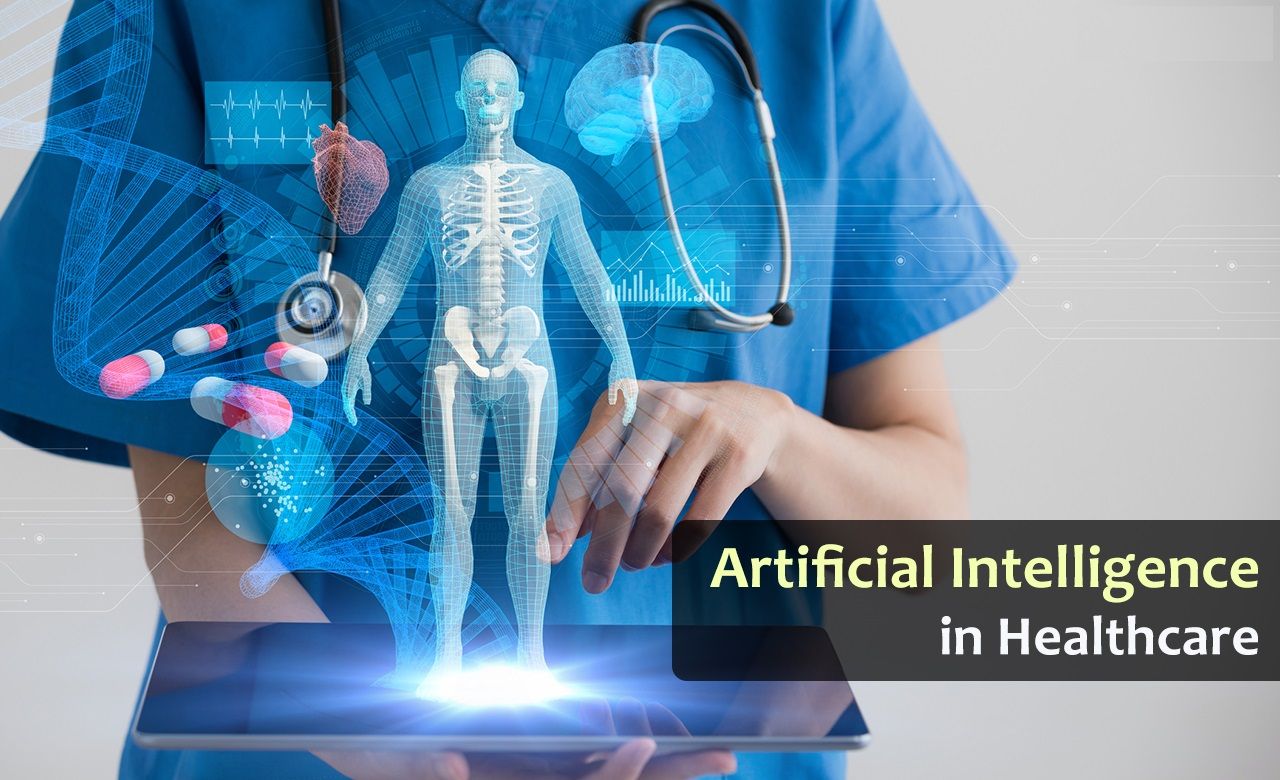The 8-Minute Rule for Enhancing Patient Care with AI-powered Virtual Assistants

AI, or Artificial Intelligence, has become a transformative technology in different fields, and medical care is no exemption. One region where AI is changing the healthcare sector is medical imaging and radiology. With the ability to examine vast amounts of record rapidly and efficiently, AI has actually the capacity to enrich diagnostic abilities, enhance patient outcomes, and streamline workflows for radiologists.
Medical image resolution plays a important role in diagnosing and keeping track of illness. It consists of numerous techniques such as X-rays, CT scans, MRIs, ultrasounds, and mammograms. Commonly, Read This were translated through human professionals who would analyze them for signs of problems or illness. Having said that, this procedure may be time-consuming and prone to errors.
This is where AI happens in. Through leveraging machine learning algorithms and deep-seated learning techniques, AI systems may find out coming from huge datasets of medical pictures to realize designs that might suggest specific ailments or diseases. As even more photos are fed into the body for evaluation, the algorithms come to be more exact and trustworthy over time.

One considerable advantage of using AI in health care image resolution is its ability to detect subtle adjustments that might be missed out on by human eyes. For instance, AI protocols have illustrated exceptional reliability in discovering very early indications of particular cancers cells like bronchi cancer cells or boob cancer cells from CT scans or mammograms specifically. This early detection can easily lead to earlier assistance and improved odds of effective treatment.
Moreover, AI can additionally help radiologists in triaging situations located on seriousness. Through analyzing imaging data along along with persistent information such as symptoms or previous medical history, AI systems may focus on instances that need quick attention coming from those that are much less crucial. This helps improve workflow effectiveness through making sure that emergency instances obtain swift focus while lessening excessive problems for clients with less extreme health conditions.
An additional region where AI is creating considerable contributions is in photo restoration and improvement procedures. Low-dose CT scans are typically used to lessen radiation exposure in the course of assessment procedures like lung cancer assessments or coronary canal calcium scoring. Having said that, low-dose scans can easily produce pictures with reduced photo high quality, creating it challenging to find oddities accurately. AI formulas can easily rebuild these low-dose photos to enrich their premium, permitting radiologists to produce extra exact prognosis while still reducing radiation direct exposure.
AI likewise has the possibility to improve the effectiveness of radiology workflows. Through automating time-consuming jobs such as image division or note, AI devices can easily free up radiologists' opportunity and allow them to focus on much more essential activities like information analysis and person care. This assists lessen the problem on radiologists, who often encounter massive workloads and opportunity restrictions.
However, despite its various benefits, there are difficulty affiliated along with implementing AI in clinical imaging and radiology. One significant challenge is making sure the ethical usage of AI algorithms and guarding calm privacy. The usage of large datasets for training AI bodies raises worries concerning data safety and patient confidentiality. Healthcare associations must establish strong record administration plans and make sure observance along with applicable requirements to resolve these issues sufficiently.
In addition, there is likewise a need for continuous validation and display of AI algorithms to ensure their precision and reliability. As AI systems proceed to learn coming from brand new record, it is crucial to regularly assess their functionality against set up standards or requirements. This will certainly assist build trust fund in the technology one of healthcare experts and clients as well.
In final thought, AI is changing health care image resolution and radiology through enriching analysis abilities, improving calm outcomes, and streamlining workflows for healthcare professionals. Its ability to identify patterns in medical images rapidly and effectively makes it possible for very early diagnosis of diseases such as cancer while decreasing human inaccuracy. On top of that, AI can easily help in triaging cases located on necessity, improve picture high quality via reconstruction procedures, and automate recurring duties for radiologists. However, ethical points to consider regarding data privacy and recurring validation of AI algorithms stay vital in making sure its effective implementation in healthcare setups.
